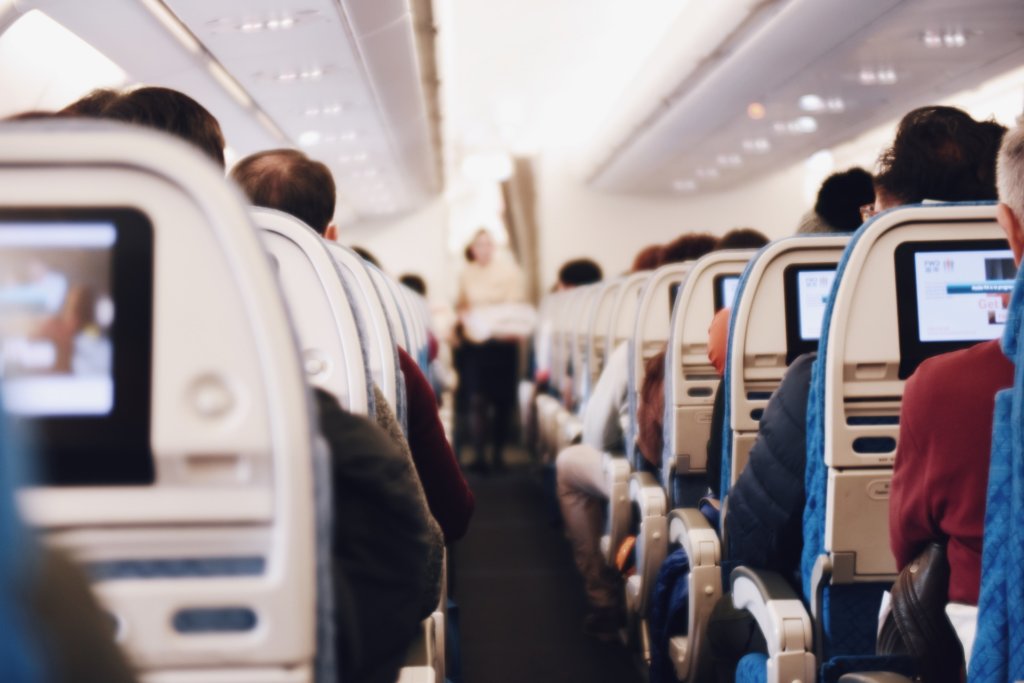Fighting Jet Lag When Time Zones Are an Issue
Editor’s Note: I ran across this excellent overview on how to keep yourself healthy when travelling through time zones. I asked permission from Dr. David Fabry to reprint this, and he thankfully agreed. These are his tricks.

Now that domestic and international travel has started to pick up, it’s not unreasonable to poke the hive to learn new ways of fighting jet lag. Some good insights in the attached NY Times article, but here are couple that I’ve learned over the years. It’s been said that you need one day per hour of time shift to recover from travel, though this varies across people. I’ve never had much success with melatonin or sleeping pills, so most of these are home grown tactics.
- Don’t dwell on what time it is at home. I always set my watch to the destination time as soon as I leave, rather than waiting until my watch does it for me. If I have the opportunity, I’ll try to start a day or two in advance, to assist in the process. Of course, you had better know what time it is when you call home, especially for international travel, but beyond that, focus on the time zone that you are in, rather than where you were. If I’m on a long flight, I’ll try to sleep on the new destination timeline, rather than on the departure timeline, if possible. I’m always a little sleep-deprived, so I can always sleep. Plus, I think that genetically I benefitted from my Dad, who worked shift work in a paper mill and could easily readjust his schedule search week as he changed shifts.
- Try to get some exercise when you land, even if it means just taking a walk outside during daylight hours. Sunlight is key though. If you are traveling internationally, I avoid naps and instead try to stay up for as long as I can, and then I exercise vigorously when I wake up, as it is part of my routine at home. Anything that can be used to “trick” your brain into thinking that you’re on your regular schedule is key.
- Use alcohol in moderation. While it may be tempting to have a couple drinks to assist with sleep, I find that if I have more than a glass or two males be more restless and prone to waking up, rather than sleep through the night. better to ensure hydration, with water or other non-alcoholic beverages.
- I typically find jet lag to be more difficult when flying East, when I “lose” time, versus when flying West, when I “gain” it. In general, exposure to sunlight later in the day helps me adjust to a later than usual time zone (traveling Westward), while exposure to morning light can help you adapt to an earlier time zone faster (traveling Eastward).
- I will use caffeine in moderation to assist with jet lag, particularly when traveling East. Often, I’m getting up earlier than my internal clock is telling me, so a cup or two of coffee works for me in the morning. For me, however, I do the same thing as at home and try to avoid coffee in the afternoon to prevent insomnia later.

